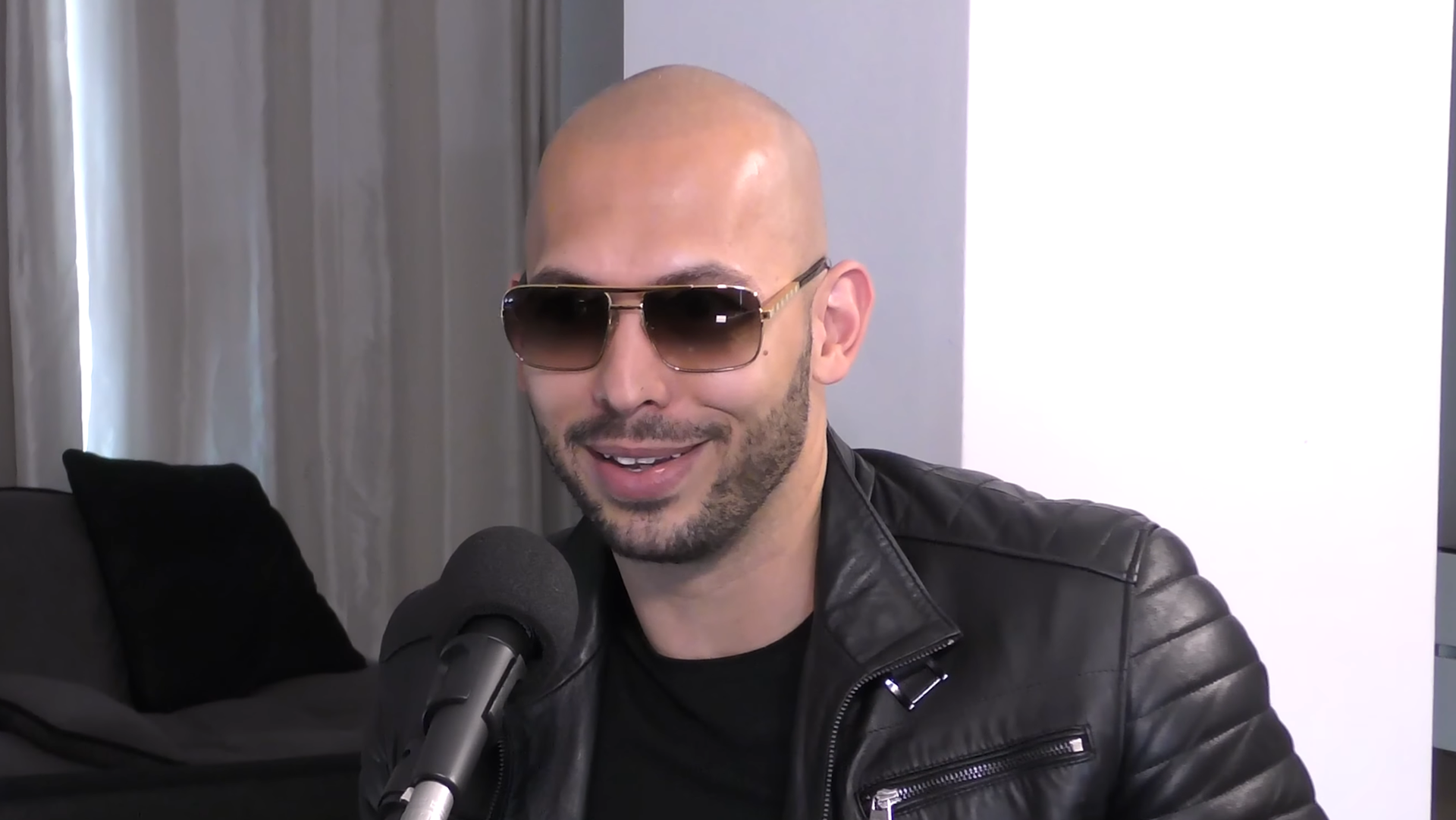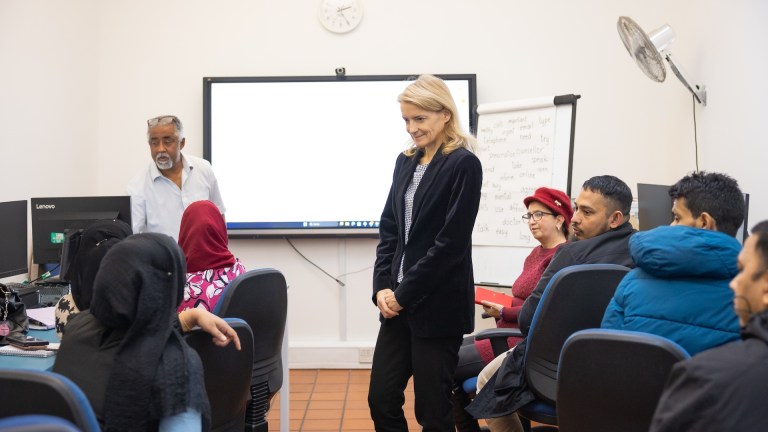The world of misinformation is full of apocalyptic sounding words and stodgy concepts. Tech CEOs are turning away from fact-checking and fanning the flames of political discord. AI profiles are being added to social networks not by scammers but the companies themselves. Lies fuel riots. For school children, however, it can all begin with something much funnier: the idea that birds aren’t real.
“If you ask young people to explore different kinds of conspiracy theories, they’ve come across so many, and they’ve got so many examples of them, and have seen hours of evidence,” says Amanda Gurruchaga, head of programmes with Shout Out UK. “I’ve had so many people tell me mermaids exist because they’ve seen so much footage around that. There’s so many children who are very active on YouTube and there’s so much material around conspiracy theories.”
As Labour plans to expand voting to 16-year-olds – although the manifesto pledge failed to turn into a bill in the government’s first King’s Speech – it’s teaching these young people about conspiracy theories which can be a gateway to learning about proper political media literacy.
The stakes are high. Not only are the lies at the heart of misinformation corrosive, the onslaught of slop can wear people down. “There is this risk of people switching off and not wanting to engage at all,” says Gurruchaga. “People just switch off with trying to find truth any more, because they’re being bombarded by fake things.”
What they want is to make sure children are taught media literacy in school. To that end, Shout Out UK has created an all-party parliamentary group on political and media literacy, hoping to get MPs to grasp the importance of the task ahead.
But bringing this into the classroom can be difficult, with just 1% of teachers feeling prepared to teach about political literacy. “A lot of the time, teachers aren’t necessarily sure how to navigate impartial conversations,” says Gurruchaga. “We find when we go into schools, teachers are grateful to have a bit of a trusted source of impartiality.”





